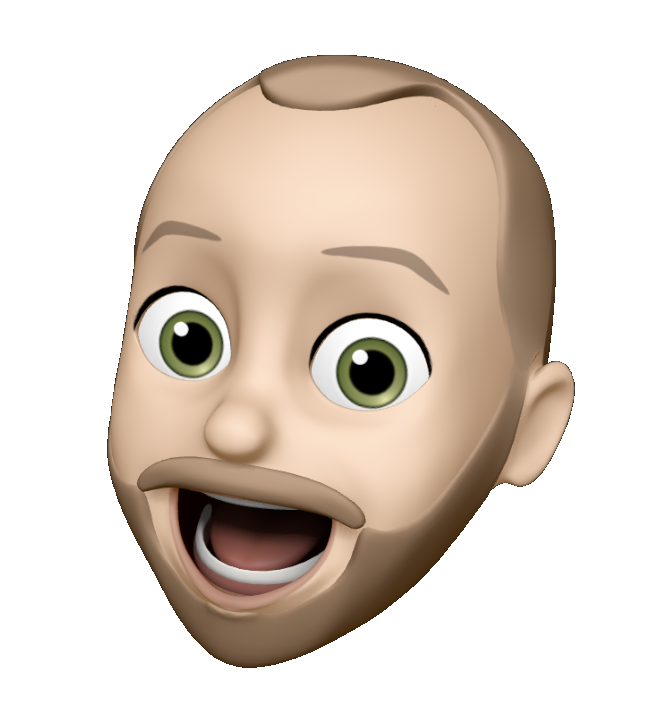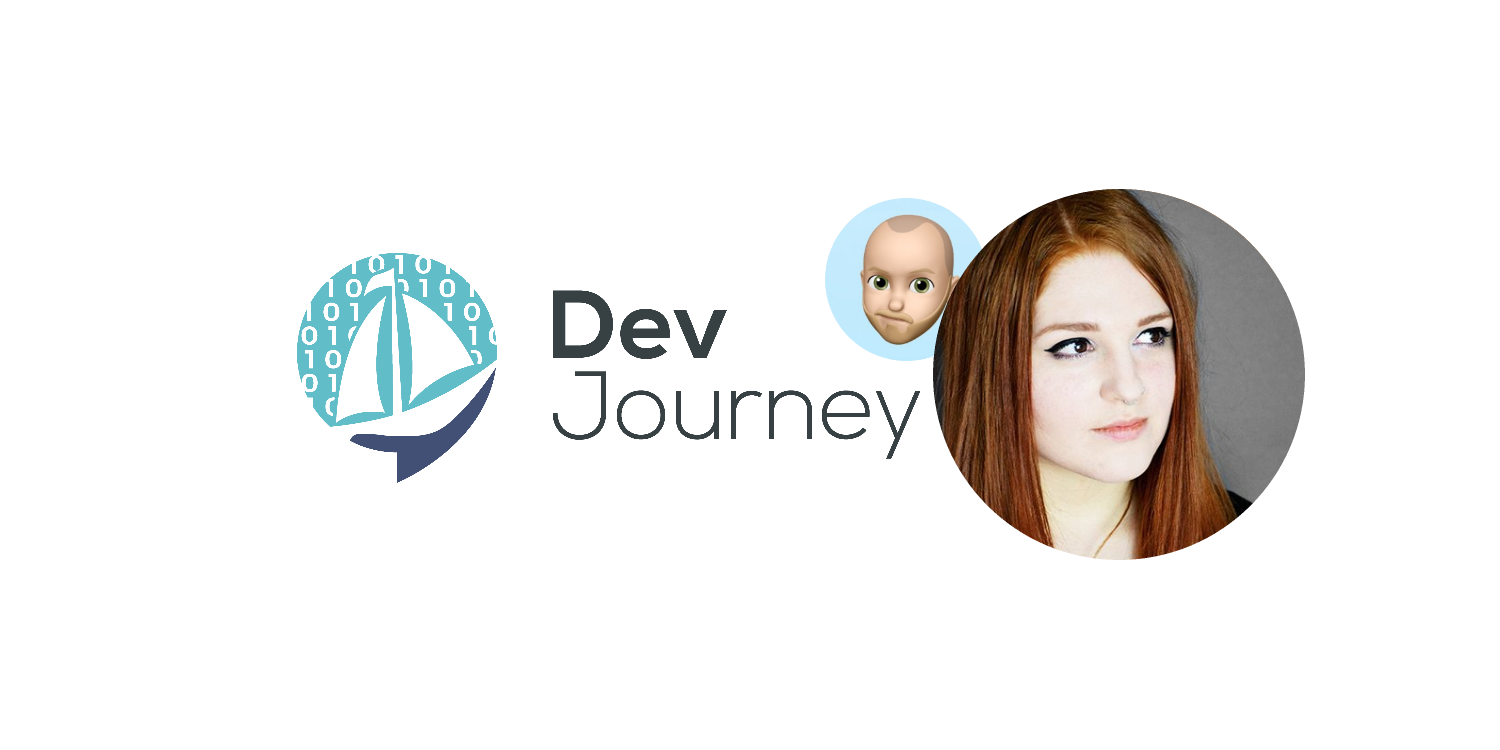Ines Montani brought linguistic and computers together... and other things I learned recording her DevJourney (#122)
 Tim Bourguignon
Tim Bourguignon4 min read

This week, I published Ines Montani's #DevJourney story on my eponym Podcast: Software developer's Journey. Among many other things, here are my main personal takeaways:
- Ines was a very creative child. She wrote magazines and recorded stories on a tape recorder early on. Computers showed up in her life at the right time. It enhanced her creativity. Not long after receiving her first computer, she published her first personal websites and unleashed her creativity online for her family and friends to see. Ines also discovered groups of likeminded teenage girls, who shared their findings and creations. This was definitely a confidence booster. But when came the time to chose her studies, Ines went decided against computer-sciences and chose "communication & media sciences with linguistics" instead.
- Thanks to Ines, I discovered Greymatter) and realized static websites like Jekyll have gone full circle.
- Ines was pretty disappointed with the university. She was expecting the "German idea of academic-life, free-spirit a lot of free-thinking and writing". Instead, it "felt like school all over again".
- After her bachelor studies ended, Ines worked in retail. Far from signing off this part of her life where she was miles away from linguistics and even further away from computers, she describes it as a "great learning opportunity to learn how to approach people and sell"... which proved itself very useful when creating a company.
- While she was working for a media company, she rediscovered CSS3 and Web-Development. That's where the fire started burning again and set the groundwork for her current path.
- Again Ines is the perfect example that success comes when one manages to bring a bunch of diverse skills together. Ines is a skilled web developer, a linguist, a creative person, and a product person. In hindsight, all those skills put together are the perfect (explosive) cocktail to create a startup in the computer linguistic space.
- The Spacy product was originally created by Matt Honnibal. He came up with the idea of Spacy when he realized that his Ph.D. research code started being used in the industry. He met Ines early on and asked her to create a syntax visualizer for his product. She thought "booooring" and she almost turned him away. You never know what will come out of the chances you take. So be bold!
- Having developers as customers is great. It makes it easier to relate with the customers directly and dog feed your product.
- Ines and Matt decided against the "consulting model" of earning money with an open-source project, because this is a very difficult line to live by. Either you make your product very easy to use (as it should be) and you have a hard time selling your consulting. Or you make it hard to use... and you don't get any users and thus no consulting either. Instead, they created a second product called Prodigy that feeds into Spacy and obviously works well with it. This has been working well for them so far.
- "The biggest value is in the specific and custom problems" said Ines. And a few sentences later "a lot of the high values use-cases are kind of boring, like oil drilling. Your software is making a huge difference, but you are not feeling like wanting to know more". This is a quote I am still pondering, especially in the light of the "purpose" aspect of intrinsic motivation (see "Drive" from Daniel Pink). Would it be enough for me to create a software that is making a huge difference to someone, but in a field that I dislike?
Advice:
- "Advice are the worst, don't listen to random advice, because it might not be relevant to your situation at all" ;)
Quotes:
- "I was always into writing things, making things, drawing things [...] the computer-enhanced this creativity, it gave me more options"
- "I'm bad at learning, I do things and I pick something up along the way"
- "The biggest value is in the specific and custom problems"
- "We can train a system to predict the next word, but there is more to understanding a text than just the words"
- "There is a great relief, satisfaction, and value in thinking and reasoning about things"
Thanks, Ines for sharing your story with us!
You can find the full episode and the show notes on devjourney.info or directly here on DEV
Did you listen to her story?
- What did you learn?
- What are your personal takeaways?
- What did you find particularly interesting?
0
Subscribe to my newsletter
Read articles from Tim Bourguignon directly inside your inbox. Subscribe to the newsletter, and don't miss out.
Written by

Tim Bourguignon
Tim Bourguignon
Mentoring, leadership, remote, XP, coaching, career growth, learning